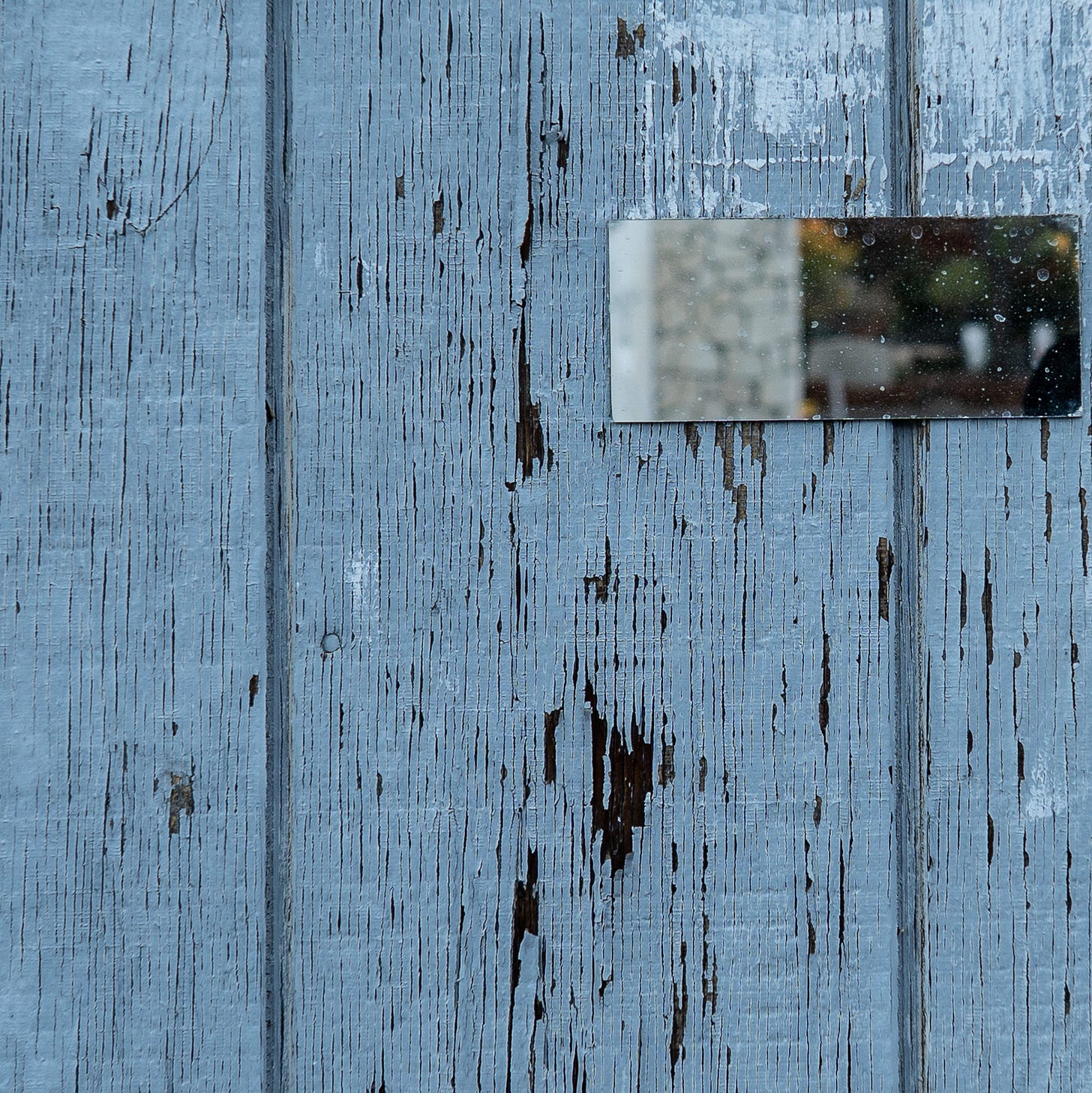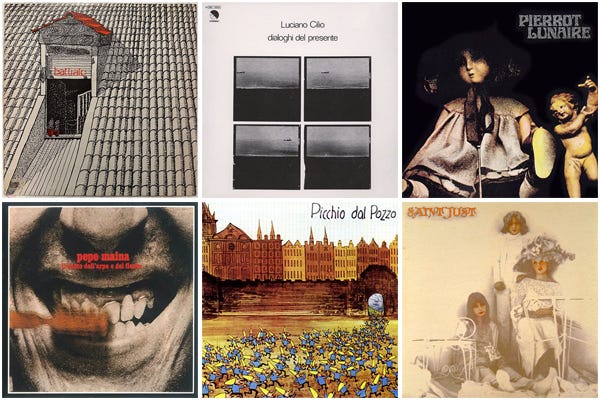New on Shfl, June 2024
Jon Dale on the 1970s Italian Underground, Chris Catchpole on Folktronica, Ned Raggett on 1990s Michigan Space Rock, Joshua Levine on No Limit Records, plus a batch of new recommendations
Jon Dale on the 1970s Italian Underground
It’s not too hard to understand why Italian underground music was so creative, so profligate, so urgent across the seventies, at least if you believe that disrupted societies intensify creative impulses. That decade came to be known in Italy as the Anni di piombo – the Years of Lead – an extended period of political and social upheaval, in fact, that starts in the late sixties, roughly in line with student and worker uprisings across Europe and extends through to the late eighties.
Collections
Chris Catchpole on Folktronica
Although almost every act it was applied to rejected the tag (early scene lynchpin Bibio still hates the term), it has to be said: as a neat portmanteau catch-all, folktronica does exactly what it says on the tin.
Ned Raggett on 1990s Michigan Space Rock
Michigan’s scene as such – as open to multiple approaches as those covered by the original umbrella term was – certainly had plenty of roots in such forebears, but also drew on numerous more recent acts, notably the twin family trees of 1980s UK acts Spacemen 3 and Loop, finding new fusions and ways to push guitar-driven heavy psychedelic zones into the heads of new generations.
Joshua Levine on No Limit Records
No Limit was a collection of rap’s most gaudy cliches. Monosyllabic gangland tales that were the straight-to-video alternative to Biggie and Wu-Tang’s Scorsese verses. Chintzy, photocopied versions of G-funk tracks that sounded like they were presets on budget keyboards. Most infamous were the album art and promotional materials by Pen & Pixel – shiny, hallucinogenic collages of gleaming diamonds, mansions, pit bulls, half-naked models, and cash in a garish dimension where the party never ends.
Reviews
Harold Heath
Ruby Rushton — Trudi’s Songbook Vol. 1
You get four lengthy tracks broken up by a pair of sub-two-minute tracks: a brief, exhilarating journey through the highs and lows of expressive, improvisational jazz, and a swaggering, superfly, ninety seconds of highly refined jazzfunk.
Knowsum — Cosmic Breeze
Berlin-based singer-producer Knowsum describes his music as “somewhere between indie dreampop, lo-fi beats and jazz funk,” which is a pretty good summation of his 2024 debut album.
Triorität — Alg0
German electronic jazz fusion outfit Triorität are a drums, bass & keys contemporary jazz trio who answered the ‘what should a traditional jazz trio do in the 21st century’ question by incorporating synths, FX and some dance music elements into their compositions, creating a super-sharp, impressive jazz-electronic-disco fusion sound.
Joshua Levine
Hüsker Dü — New Day Rising
The sprawling and definitive Zen Arcade dissolved the boundaries of what kind of music and lyrics this Minneapolis punk trio could come up with, with psychedelic instrumentation and extended song lengths all over the double album. New Day Rising integrates the new textures into the song structures and intensity of Hüsker Dü’s original hardcore style.
I’m Just Like You: Sly’s Stone Flower 1969-1970
Outside of a few long-deleted single releases, these songs took decades after they were recorded in 1969-70 to be heard. In hindsight, I’m Just Like You lays out a considerable amount of pop music’s future.
Turnstile — Never Enough
NEVER ENOUGH sounds unsure of itself and at times like a retread of past glories. But the album’s array of strengths is revealed after multiple listens.
Jon Dale
Fabrizio De André — Creuza De Mä
Fabrizio De André is best known for his pioneering work as Italy’s premiere cantuatore, and much of his legend rests on a string of albums recorded across the sixties and seventies that build outward from his love of French singer-songwriters. But in many ways, De André’s eighties albums are his most quietly pioneering works.
Luís Cília — Penumbra
The material on Penumbra sets the poetry of David Mourǎo-Ferreira to music, oscillating between lambent songs of melancholy, plucked out on guitar and notably ‘of their time’ keyboards – the bell-like early MIDI tones are the tell – or, more beautifully still, piano and sweeping strings. Cília sighs, pensively, across the whole affair.
Anna Själv Tredje — Tussilago Fánfara
If you’ve ever wondered what would happen if the Berlin School relocated to Sweden, well… Wonder no longer. That’s possibly an unfair, and certainly reductive, reading of Tussilago Fánfara, the only album by the late seventies electronics duo of Ingemar Ljungström and Mikael Bojen, aka Anna Själv Tredje.








